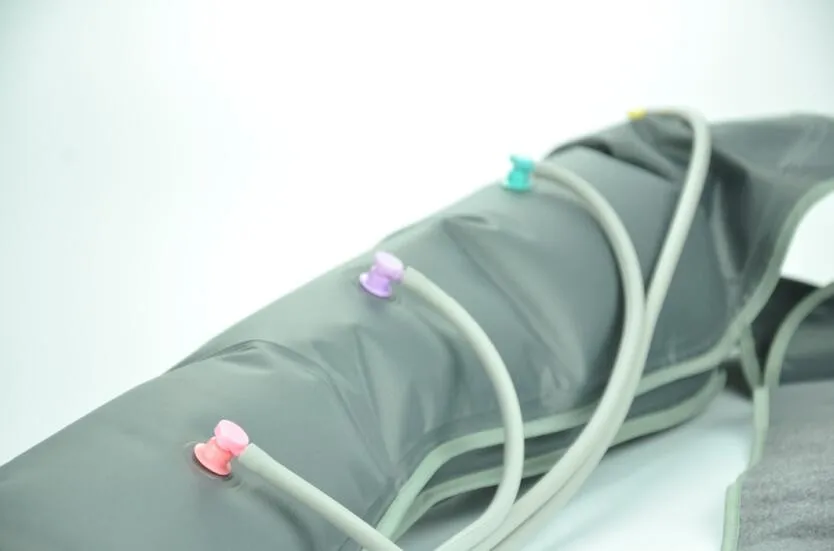

Total costs per patient, excluding medical equipment, declined from $2597 to $1642 for cancer patients (p=0.002) and from $2937 to $1883 (p=0.007) for noncancer patients. The adjusted rate of outpatient visits fell from 58.6% to 41.4% in the cancer cohort and from 52.6% to 31.4% in the noncancer group (p<0.001 for both).
#Pneumatic compression device for cancer patients manual#
The noncancer group also had a 54% decline in adjusted rate of hospitalizations, from 7.0% to 3.2% (p=0.02), the authors reported.īoth groups had declines in receipt of manual therapy, from an adjusted rate of 35.6% before APCD use to 24.9% afterward for cancer patients (p<0.001) and from 32.3% to 21.2% for noncancer patients (p<0.001).

Just over half (52.2%) had hypertension, and breast cancer (39.6%) was the predominant disease in the cancer group.Īs reported online October 7 in JAMA Dermatology, the adjusted rate of cellulitis diagnoses fell from 21.1% before APCD use to 4.5% afterward (p<0.001), a 79% decline. The patients’ mean age was 54.2, 84.8% were female, and 71.6% were non-Hispanic white. Lymphedema-related outcomes had either primary or secondary diagnosis codes. Karaca-Mandic and colleagues used a commercial insurance claims database to compare outcomes for 12 months before and 12 months after APCD purchase ( Flexitouch System, Tactile Medical) by 718 patients (374 with cancer) between 20.

These devices serve as a viable self-management option and can reduce the need for more intensive outpatient care in rehabilitative settings,” she added.Īdvanced devices have more garment chambers and greater adjustability than earlier devices, the researchers wrote.ĭr. “This finding has important implications for the patients who suffer from the disease, especially for those who have high rates of cellulitis. Pinar Karaca-Mandic of the University of Minnesota School of Public Health in Minneapolis said by email. “Our study demonstrates, for the first time, that receipt of an advanced pneumatic compression device is associated with significant improvements in key clinical endpoints for lymphedema patients, both for those with cancer and those without,” Dr. NEW YORK – Patients with lymphedema may reduce their risk of cellulitis, as well as the number of outpatient visits, by using an advanced pneumatic compression device (APCD), according to a new study.


 0 kommentar(er)
0 kommentar(er)
